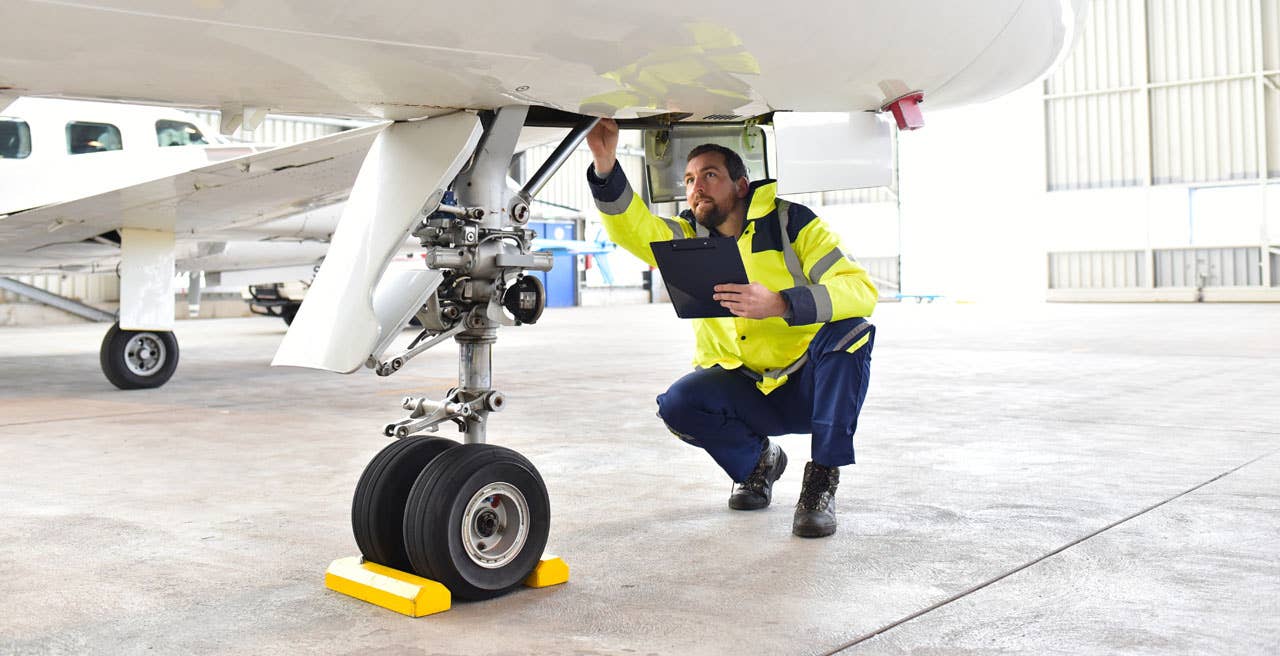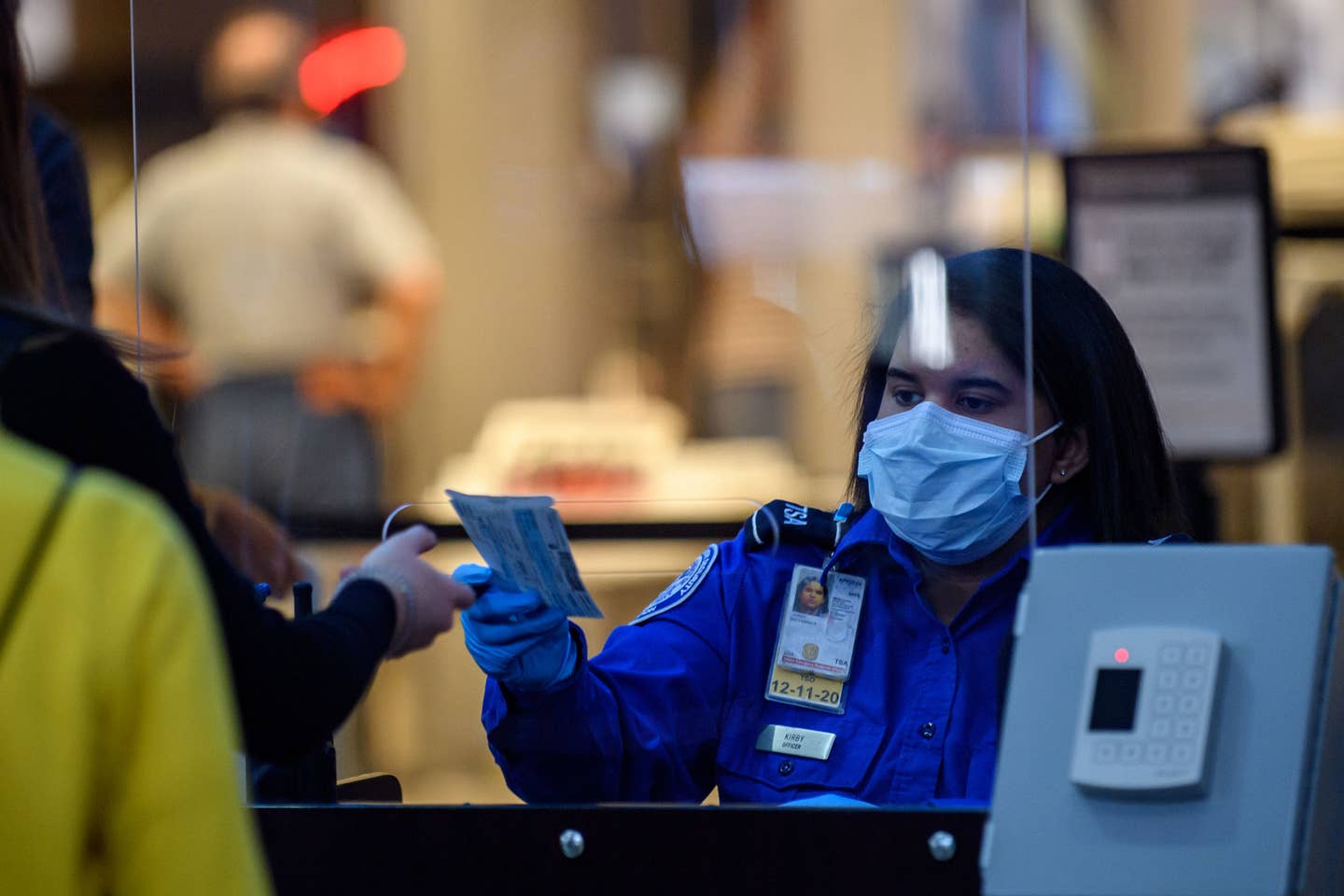FAA Bill Amendment Stirs Critics
An amendment that passed the House in March and was included in the House version of the bill that funds the FAA would change how regulations are created and has sparked some safety concerns. The amendment’s critics include the NTSB and Sully Sullenberger, who believe the amendment would add a level of complexity that could delay, or make more difficult, the passage of safety regulations. The amendment would force the agency to account for the economic impact of proposed regulations. It would also require the FAA to write separate safety rules for airlines, freight carriers, charters and other segments. That, according to critics, could also lead to an uneven level of safety standards being applied to different segments. The industry supports the measure.

An amendment that passed the House in March and was included in the House version of the bill that funds the FAA would change how regulations are created and has sparked some safety concerns. The amendment's critics include the NTSB and Sully Sullenberger, who believe the amendment would add a level of complexity that could delay, or make more difficult, the passage of safety regulations. The amendment would force the agency to account for the economic impact of proposed regulations. It would also require the FAA to write separate safety rules for airlines, freight carriers, charters and other segments. That, according to critics, could also lead to an uneven level of safety standards being applied to different segments. The industry supports the measure.
The industry supports the amendment and is lobbying lawmakers, saying that the amendment falls within the FAA's own underlying procedures and law. The FAA has said in a statement that the requirement for economic analysis could impact the agency's efforts to achieve a common level of safety throughout the industry. Critics fear that safety regulations, like those proposed in the wake of the crash of Flight 3407, regarding flight training and minimum rest requirements for pilots, could be delayed. And some family members of those lost in the crash are strong opponents of the amendment. However, the amendment's author, Rep. Bill Shuster, says the amendment will not affect those regulations that have already been proposed because it could not be used retroactively. That has not assuaged critics' concerns about what the amendment could mean for the future.






